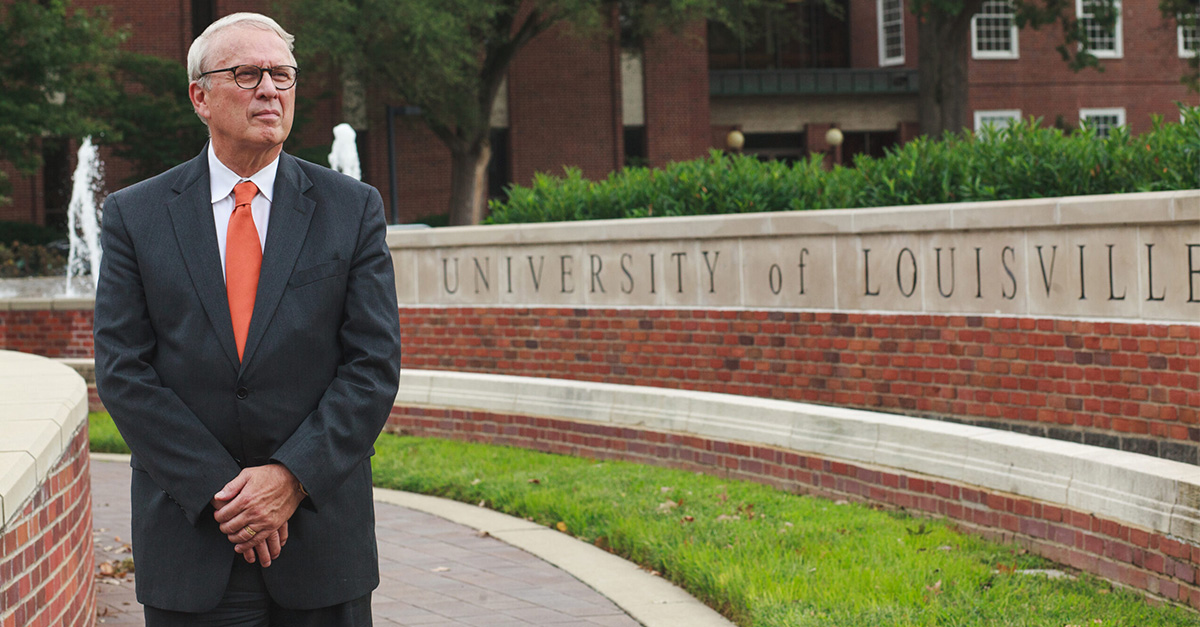


Get a free copy of Parental Rights & Education when you subscribe to our newsletter!

In what can only be viewed as a distinction without a difference, Judge Iain Johnston says that pro-life pregnancy centers can’t be compelled to say that abortion is beneficial but they can be compelled to refer women to an abortion provider.
A federal judge has permanently struck down an Illinois law that required pro-life pregnancy centers to promote abortion despite their deeply held convictions about protecting unborn life, but at the same time, said that pregnancy centers must refer patients to an abortion provider if asked, a move that undermines conscience rights.
He affirmed that compelling these organizations to speak against their ethical, medical, and moral beliefs is unconstitutional.
“Constitutionally, to obtain the liability shield, the State can’t require medical professionals to discuss with patients what the State believes are the benefits of abortions,” Judge Johnston stated.
But he also upheld a provision of the law requiring providers to refer patients to abortion services upon request. Johnston acknowledged that this mandate compelled providers to “effectively endorse a course of conduct they find morally abhorrent” but concluded that the state had a legitimate interest in ensuring patient access to legal medical services.
Illinois first enacted Senate Bill 1564 in 2016, amending the Illinois Health Care Right of Conscience Act (HCRCA) to impose specific obligations on healthcare providers with conscientious objections to certain procedures. The amendments required such providers to inform patients about the legal treatment options available, including abortion, and discuss the benefits and risks associated with these options. They were also obligated to refer patients to other providers who could perform the requested services or provide information.
A lawsuit, brought by Alliance Defending Freedom (ADF) on behalf of the National Institute of Family and Life Advocates (NIFLA) and other pro-life healthcare providers, challenged the bill’s constitutionality; Thomas More Society, representing plaintiffs that included Dr. Ronald Schroeder, 1st Way Pregnancy Support Services, and Pregnancy Aid South Suburbs, also filed a lawsuit challenging both mandates of the amended HCRCA. Both suits contended that the law violated the rights to free speech and the free exercise of religion.
Pro-life organizations and medical professionals argued that the law infringed upon their First Amendment rights by compelling them to convey messages that contradicted their deeply held beliefs, while also forcing healthcare providers to violate the Hippocratic Oath.
In addition, the lawsuit also noted that SB 1564 was explicitly crafted to target pro-life medical professionals and organizations, a claim that raises serious equal protection and free speech concerns.
In 2017, a federal court issued a temporary injunction in NIFLA v. Schneider, blocking the enforcement of Illinois’ law. Johnston finally heard the case on its merits in a three-day bench trial in September 2023 before handing down his ruling in early April.
His paradoxical ruling that found that compelling some speech about abortion to be unconstitutional while compelling pro-life centers to actually refer for abortion elicited mixed reactions from the involved parties.
Thomas Olp, executive vice president of the Thomas More Society, which represented several of the plaintiffs, responded by saying,
“We welcome the court’s ruling striking down Illinois’ attempts to force our pro-life physicians and pregnancy centers to parrot pro-abortion talking points… But we are greatly concerned that the court did not fully protect conscience rights.”
Judy Cocks, executive director of 1st Way Life Center and a plaintiff in the case, said,
“We’re relieved that the court has permanently protected our pro-life pregnancy centers from Illinois’ attempt to force us into becoming mouthpieces for the abortion industry. To share so-called ‘benefits of abortion’ would go against the very foundation of our ministry and our First Amendment rights.
“I have yet to see what the so-called’ benefits of abortion’ are—what I see regularly at our centers, instead, is the pain and regret that comes with abortion. At the same time, we are deeply troubled that the court’s decision upholds Illinois’ abortion referral mandate. We cannot, in good conscience, recommend or refer for abortion.”
She also vowed that her organization would “never contemplate” complying with the state’s policy to refer a woman for abortion services.
“That’s not who we are, and it hurts our hearts to even contemplate being mandated to do so. We’re grateful Thomas More Society is vowing to keep fighting against Illinois’ abortion referral mandate. Our women deserve options rooted in love, not mandates that harm our communities and the women and children we serve,” she stated.
ADF senior counsel Kevin Theriot, who argued before the court on behalf of several pregnancy centers, said, “No one should be forced to express a message that violates their convictions,”
He explained that the U.S. Supreme Court has already ruled in NIFLA v. Becerra that forcing people to promote abortion is unconstitutional.
“The court was right to protect pregnancy centers’ freedom to advocate that life is a human right,” Theriot stated. “The government can’t compel medical professionals to choose between violating the law and violating the Hippocratic Oath to do no harm…Pro-life pregnancy centers must be free to continue their life-affirming work without fear of government punishment.”
Governor J.B. Pritzker’s office has not yet issued a statement regarding the ruling. The Illinois Attorney General’s office is reviewing the decision.
The ACLU of Illinois argued in favor of the 2016 HCRCA Act, claiming that the restrictions harm patients.
“When people seek health care, they do not expect that the treatment and information they are receiving is being limited by others’ religious beliefs. However, on a daily basis, health care providers withhold care, citing religious restrictions – such as the Ethical and Religious Directives for Catholic Health Care Services. These restrictions harm patients by prohibiting a wide range of health care services, including contraception and abortion,” the ACLU stated.
Attorneys with the Thomas More Society say they plan to appeal the decision regarding the referral mandate to the Seventh Circuit Court of Appeals.

Judge Johnston may have been trying to split the baby, so to speak, and make everyone happy. All he did was set up an appeal.
At the heart of this case is the question of whether the government can force pro-life medical professionals and pregnancy centers to promote abortion, a practice they believe ends the life of an unborn child created in the image of God (Genesis 1:27).
The Supreme Court has clearly said the answer to that question is no. In NIFLA v. Becerra, a landmark case, the justices held that the government cannot compel pro-life centers to advertise abortion services, reinforcing the principle that compelled speech is unconstitutional.
Johnston’s ruling makes no sense. According to him, pro-life centers can’t be compelled to say that abortion is good, but in the same breath, he says they can be compelled to partake in the act of abortion by giving women the name and location of an abortion provider.
That is a distinction without a difference.
Abortion is not healthcare, nor is it beneficial to women. And it’s certainly not life-saving. An abortion maims and kills a child every single time, but it also harms the women manipulated into choosing this “safe” procedure. There are massive risks, both physically and psychologically, for women who undergo abortion.
Johnston’s ruling should be a clear reminder that Christians must never look to government or even the courts for their moral clarity. We must always stand firmly on the side of truth in a culture that increasingly pressures believers to compromise. We must never cave and agree to speak lies — even when the cost is high.
Clearly, these Illinois pro-life pregnancy centers will not compromise. As Judy Cocks has already stated, she and her organization will never follow an immoral court order or state law by referring women to an abortion clinic.
As such, this issue goes deeper than legal rights — it touches the core of our calling to be salt and light in a lost world (Matthew 5:13–16).
This ruling will be appealed to the Seventh Circuit Court of Appeals, and hopefully the judges there will take up the case and rule in accordance with Supreme Court precedent on religious liberty and conscience rights.
In the meantime, Illinois remains zealously pro-abortion and its officials will almost certainly use this referral ruling as an excuse to harass and try to punish pro-life pregnancy centers.
As Christians, we should pray for these frontline workers and volunteers and provide financial and material support as they continue the good work of supporting and encouraging mothers and helping them to choose life.
If you like this article and other content that helps you apply a biblical worldview to today’s politics and culture, consider making a donation here.

Notifications